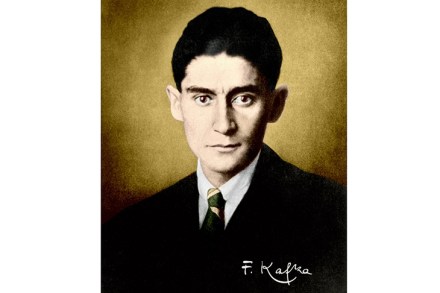More scenes from my life with Francis Bacon
The case of Michael Peppiatt is a curious one. He first met Francis Bacon when he was an undergraduate at Trinity Hall, Cambridge, and visited Bacon for a student magazine. Something clicked and Bacon became his sugar daddy, immediately and for ever, though Peppiatt has said that no sex was involved. One can see what Peppiatt got out of Bacon: not cash per se, but many opportunities for money, an entrée to the great art world, a raison d’être for his pen, as well as free entertainment on a lavish scale. This he acknowledges gratefully. But what Bacon got out of Peppiatt is never quite clear. It certainly helped that




















